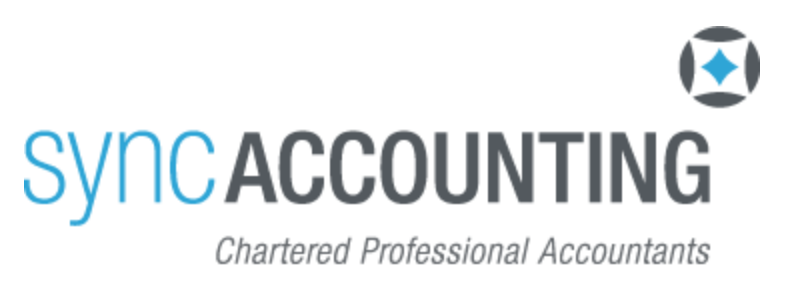The New Compilation Standard: What’s changing?
Heads up! After over three decades, the compilation standard is changing. We’ve put together this guide to break it down and underline all the changes that you need to know as a business owner or third-party member.
The new compilation standard has a new format for financial statements and is effective for corporate year ends ending on or after December 14th, 2021. Compilations, informally known as a Notice to Reader (NTR), basically warn the user of the statements that the financials might not be appropriate for them.
The Auditing and Assurance Standards Board (AASB) recognized that section 9200 is outdated and has replaced it with the new standard called CSRS 4200, Compilation Engagements. The AASB realized that NTR’s aren’t used only by management anymore as they intended. So instead, they’ve updated it to acknowledge that others use the financial statements – primarily banks – when you’re applying for financing.
These changes provide more transparency than the current NTR. The financial statements may require more notes with CSRS 4200, like having to define the basis of accounting. For this specifically, common examples for small owner manager businesses include a historical cost basis and reflection cash transactions. However, there’s room for adjustments for a few things including:
- Accounts receivable
- Accrued liabilities and accounts payable
- Inventory valued using the retail method
What does the new compilation standard mean for a business owner?
We’ve put together some highlights below to help you understand some changes as a business owner. Primarily, the updates help your accountant understand who the intended party is for the financial statements.
- Who will be using the Financials?
- Your accountant will have to ask you more questions about who the intended users of the financial statements are
- The basis of accounting for your financial statements
- If you’ll allow third-party users to request further information
- Whether those third-party users have agreed upon the basis of accounting
- New engagement letter
- Due to increased documentation, there may be an increase in your year end fee.
- New name of the report – it’s no longer a “Notice to Reader” but a “Compilation Engagement Report”
- Benefit is that the financials are prepared in accordance with the agreed statement of accounting, and there is more clarity in the report as to what CPA have done
How does the new compilation standard affect third-party users?
Unlike before, the new standard takes third-party members into consideration. For instance, the old standard made it unclear for practitioners to accept or continue a compilation agreement with a third-party user.
Now, the statements are more relevant seeing as an agreed upon basis of accounting is being used. Also, certain agreements will specify when an NTR report has to be updated to a Compilation Engagement.
We can help!
The new compilation standards are here and we’re here to help you decipher the changes. Please bring us your questions or concerns on this new standard. We’ll sort it out!
Or, for more information, check out this site for more guides on the new standard.




